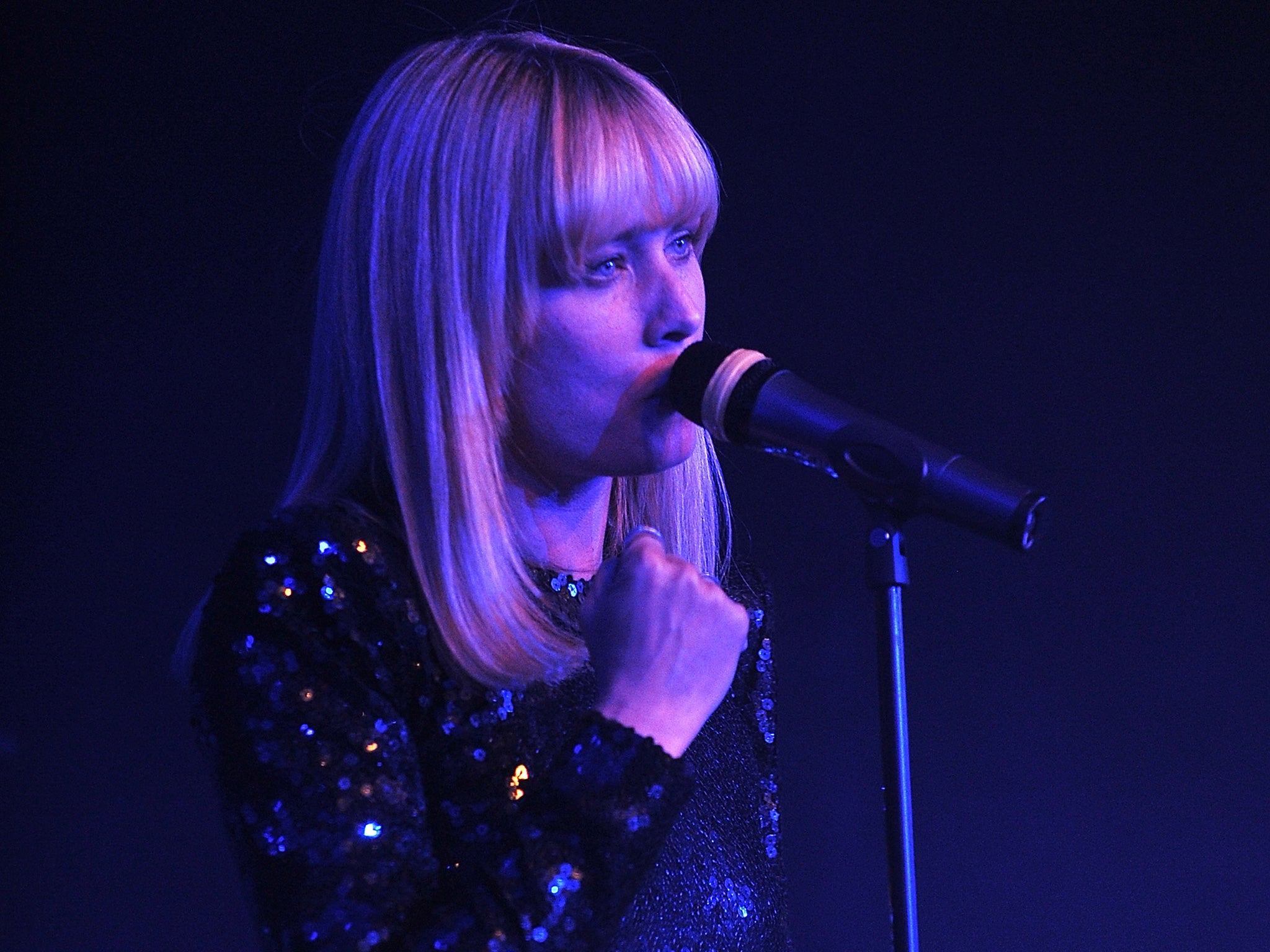Roisin Murphy, Concorde Brighton, gig review: Slow-burning set finally ignited by disco beats
The Irish singer was doing art-pop when Lady Gaga still had milk teeth

Your support helps us to tell the story
From reproductive rights to climate change to Big Tech, The Independent is on the ground when the story is developing. Whether it's investigating the financials of Elon Musk's pro-Trump PAC or producing our latest documentary, 'The A Word', which shines a light on the American women fighting for reproductive rights, we know how important it is to parse out the facts from the messaging.
At such a critical moment in US history, we need reporters on the ground. Your donation allows us to keep sending journalists to speak to both sides of the story.
The Independent is trusted by Americans across the entire political spectrum. And unlike many other quality news outlets, we choose not to lock Americans out of our reporting and analysis with paywalls. We believe quality journalism should be available to everyone, paid for by those who can afford it.
Your support makes all the difference.“I didn’t become a pop star and nobody knows exactly why,” said Roisin Murphy following her last album Overpowered - though whether that’s a bad thing is a matter of debate.
It’s true that mega-stardom has so far eluded the Irish singer; her appeal over the years, first in the trip-hop band Moloko and latterly as a solo artist with disco leanings, has remained pretty niche (the closest she got to a proper hit was a remixed version of 1998’s “Sing It Back”). In between albums, her most reliable income has been as vocalist-for-hire for dance music producers.
Even so, Murphy’s endearingly wonky approach to pop music and eyebrow-raising aesthetic has allowed for a long career by the usual pop standards – 20 years and counting – and tonight has yielded a venue packed full of thirty- and fortysomething ex-clubbers.
In fact Murphy’s new album – the improbably titled Hairless Toys - delves considerably further than her Nineties heyday, instead offering heady tribute to New York ball culture, as chronicled in the documentary Paris is Burning, and it’s this that forms the backbone of tonight’s set.
Songs such as “Exile” and “House of Glass” revel in hazy minimalist beats and bleed seamlessly into one another, kidding us that we’re off our bonces in an underground club in Lower Manhattan in the Eighties, and not in a seaside venue in 2015 with one eye on our smartphones in case the babysitter calls.
“I don’t feel old,” announces Murphy, mid-set. “I see pop stars half my age yet they look older than me, they dress older than me, they act older than me.”
If that means that they don’t greet their fans in a heart-shaped eye patch, a feather-adorned trilby and shoulder pads that could cast shadows across whole buildings, then, it’s true, Murphy’s got one over the young ‘uns. Outré fashion and self-consciously sculptural poses have long been the singer’s calling card; she was doing art-pop when Lady Gaga still had milk teeth.
But despite the bravado, her arresting presence and at least three costume changes, there’s a brittleness to her performance, a result perhaps of eight years mostly spent away from music and immersed in more down-to-earth concerns such as rearing children. It’s apparent too in the new songs that carry an air of detachment and in which Murphy’s singing never quite lets rip (leading several punters to issue pleas between songs to turn up the vocals).
A change in gear comes at last during “Dear Miami”, a wistful slice of electro-pop from Overpowered, and in the properly epic “Jealousy”. Though Murphy retains her mannered facade – she’s a little bit Grace Jones, a little bit Goldfrapp - the temperature finally rises with propulsive disco beats and soaring melodies. This is dance music for grown-ups. The fact that those grown-ups will be in bed by midnight is neither here nor there.
Join our commenting forum
Join thought-provoking conversations, follow other Independent readers and see their replies
Comments